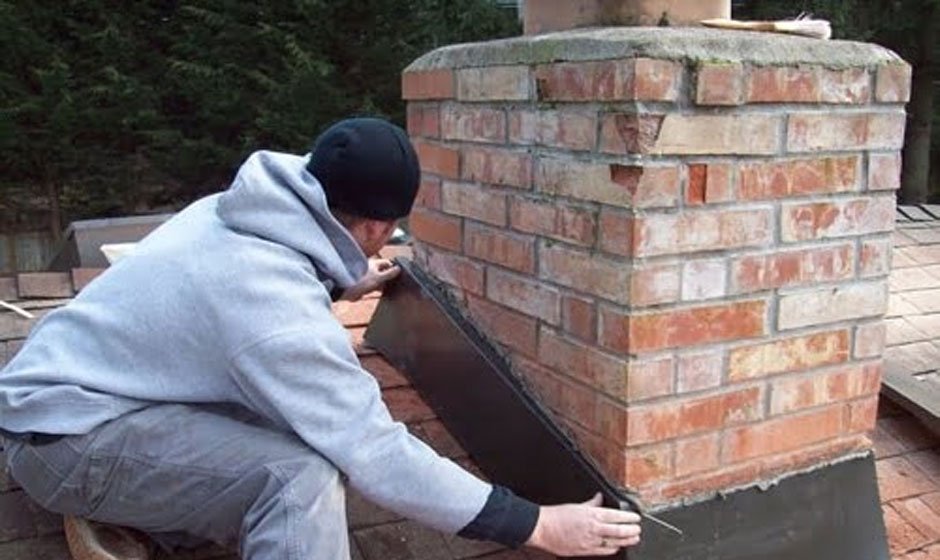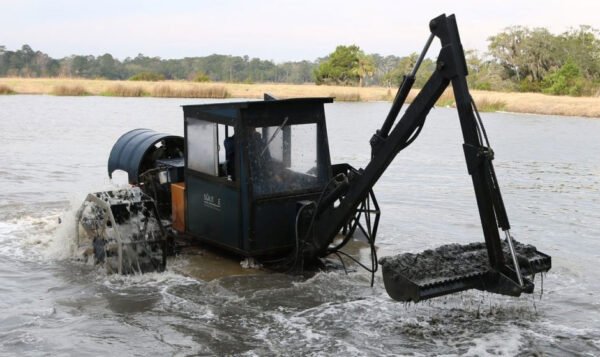What is the importance of chimney repair?

Chimneys are vital in residential and commercial buildings, safely venting smoke, combustion byproducts, and gases from fireplaces, stoves, and heating appliances. Regular inspection and repair are essential to maintain the chimney’s functionality and safety. A well-maintained chimney not only ensures efficient operation but also prevents potential hazards. We will explore the importance of chimney repair, highlighting its significance for safety, energy efficiency, and the overall well-being of a structure and its occupants.
Importance of chimney repair:
1. Ensuring Safety
Perhaps the most critical reason is safety. Chimney fires and carbon monoxide (CO) poisoning are two significant risks associated with neglected or damaged chimneys. Over time, creosote—a highly flammable substance—can accumulate in the chimney’s interior. When ignited, creosote can lead to a dangerous chimney fire that can spread to the rest of the structure. Additionally, chimney blockages or leaks can disrupt the proper venting of combustion byproducts, causing CO to enter the living space. CO is an odorless, colorless gas that is lethal in high concentrations. Regular chimney repair and maintenance help prevent these life-threatening hazards.
2. Preventing Structural Damage
Chimneys are subject to the same environmental elements as the rest of the building. Over the period, exposure to moisture, freeze-thaw cycles, and temperature fluctuations can lead to structural damage, such as cracks, deterioration, and shifting. This damage can compromise the chimney’s integrity and the building’s structural stability. Timely chimney repair can address structural issues, preventing further damage and ensuring the chimney’s stability. Ignoring these problems may lead to costly repairs or even the need for chimney rebuilding in severe cases.
3. Enhancing Energy Efficiency
An efficiently functioning chimney is essential for the energy efficiency of heating appliances. When the chimney is in good condition, it allows for the proper draft and venting of combustion byproducts, ensuring efficient burning and heat transfer. However, a damaged or blocked chimney can impede this process, reducing energy efficiency and higher heating costs. Chimney repair can resolve creosote buildup, blockages, and cracks, allowing heating appliances to operate optimally. This, in turn, leads to lower energy consumption and reduced utility bills.
4. Maintaining Air Quality
Chimney problems can affect indoor air quality, ushering to backdrafts and the infiltration of smoke, fumes, and harmful gases into the living space. A properly functioning chimney ensures the safe removal of combustion byproducts to the outside. Chimney repair addresses issues that can compromise indoor air quality, helping to maintain a healthy and comfortable living environment. This is especially important for respiratory patients, as poor indoor air quality can exacerbate symptoms.
5. Preventing Water Damage
Moisture is a common enemy of chimneys. Water can enter through cracks in the masonry, damaged chimney caps, or deteriorated flashing. Once inside, it can cause many problems, including damper and firebox components rusting, mortar deterioration, and staining interior walls and ceilings. Chimney repair includes measures to prevent water infiltration and damage. Installing or repairing chimney caps, sealing cracks, and addressing flashing issues can help protect the chimney and the building from water-related damage.
6. Complying with Building Codes
Chimney repair is often necessary to ensure compliance with local building codes and regulations. These codes promote safety and ensure that chimneys and heating appliances meet certain standards. When selling or renovating a property, chimney inspections and repairs may be required to bring the chimney up to code. Non-compliance can usher in delays in real estate transactions or renovation projects and may result in costly fines.
7. Extending the Chimney’s Lifespan
Regular maintenance and timely chimney repair can significantly extend the chimney’s lifespan. When minor issues are addressed promptly, they are less likely to escalate into major, costly problems. This proactive approach to chimney care helps ensure the chimney continues functioning effectively for many years. By investing in chimney repair as needed, homeowners and property managers can avoid the inconvenience and expense of premature chimney replacement or extensive structural repairs.
8. Preserving Aesthetic Appeal
Chimneys are frequently paramount architectural features of buildings, and their appearance contributes to the overall aesthetic appeal of a structure. Cracks, staining, or crumbling masonry can detract from the building’s visual appeal. Chimney repair can restore the chimney’s appearance and preserve its original charm. Tuckpointing, repointing, or resurfacing impaired areas can revitalize the chimney’s aesthetics, enhancing the overall look of the building.
Reliable chimney repairs in Portland, OR, are paramount for safety, structural integrity, energy efficiency, and the overall well-being of a building and its occupants. Neglected or damaged chimneys pose significant risks, including chimney fires, CO poisoning, structural damage, and reduced heating efficiency. Regular inspections and timely chimney repair are essential for addressing creosote buildup, structural damage, blockages, water infiltration, and compliance with building codes. These proactive measures ensure that the chimney continues to function safely and efficiently while preserving the aesthetic appeal of the building. Chimney repair invests in a property’s safety, comfort, and longevity.



